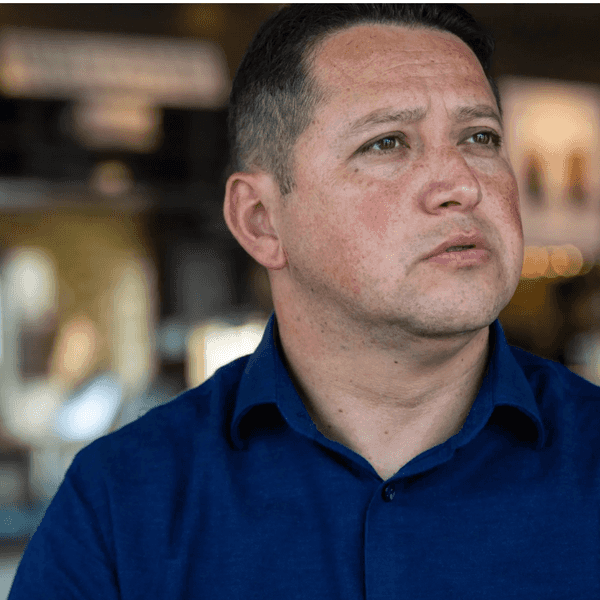
By Lynn Thompson, The Seattle Times
SEATTLE — The Seattle City Council Monday unanimously approved a $15 minimum wage, creating a path over the next seven years to provide the city’s lowest-paid workers the nation’s highest minimum wage.
Fast-food workers, union organizers and labor activists celebrated on the steps of City Hall after the historic vote with cake and ice cream provided by some local small businesses that joined in support of a plan that will phase in the $15 minimum over the next seven years.
“A year ago, $15 was just a number on fast-food picket signs. Today it’s become a reality for 100,000 Seattle workers,” said Sage Wilson, spokesman for Working Washington, a union-backed group that helped organize the first fast-food workers’ strike one year ago.
The speed with which the measure went from political slogan to economic reality surprised even advocates, whose campaign emphasized the high cost of living in Seattle and the low pay of even full-time minimum wage workers who currently earn about $19,300 a year.
“I think the fast-food walkouts tapped into the frustration and anger at seeing lives shut down because of low wages,” said Councilmember Nick Licata. ” We all see how much money is being concentrated in a few hands.”
Both mayoral candidates supported the idea during the 2013 campaign, and once elected, Mayor Ed Murray made it a priority second only to police reform; he stood in the back of council chambers as the vote was taken. A $15 minimum wage passed in SeaTac in November after both labor and business spent heavily fighting each other on the measure.
The election of socialist City Councilmember Kshama Sawant in November provided pressure from the left. Her organization, 15 Now, made raising the minimum wage a political rallying cry and convinced many business leaders to work for a compromise proposal on Murray’s Income Inequality Advisory Committee.
That committee of labor, business and nonprofit leaders agreed May 1 on a phased-in approach, after four months of tense and sometimes bitter negotiations that seemingly left none of the 24 members completely satisfied. Labor didn’t like the lengthy ramp up to get workers to $15 an hour; business objected to the phaseout of credit for benefits and tips, which they argued were part of their workers’ wages.
At the eleventh hour, Murray told a core group of negotiators to come up with a proposal or he would introduce to the City Council a measure much closer to the 15 Now plan.
The public also backed the higher minimum wage, putting pressure on politicians to adopt the compromise plan. Polling in January and May found strong support among likely Seattle voters for raising the minimum wage, with almost three-fourths — 74 percent — in May saying they supported the mayor’s phased-in plan to reach $15.
Some small-business and restaurant owners still question whether they’ll survive a 61 percent increase in the state’s minimum wage, already the highest in the country, even with a lengthy phase in. And during hearings before the City Council, local franchise owners complained that they were being caught in the net of activists seeking to get at the billions in profits of their corporate parents.
Ubah Aden, a Somali immigrant who works as a home health care aide, was at City Hall for the landmark vote.
“A lot of people thought, ‘Oh no, it’s not going to happen.’ It’s happening.” Aden, who makes $10.95 an hour said, “It’s going to make a big change not only for myself, but for others in my shoes.”
The City Council did slightly modify the compromise agreement. Last week members added a training wage for teens and disabled workers and delayed the start date from January to April. But in large part, the plan held.
Both of those amendments were debated again Monday before the vote, and both narrowly passed. Worker advocates in the audience frequently interrupted council members with jeers and chants.
Under the bill adopted Monday, every worker in the city will get at least a $1-an-hour raise April 1, the start date set by the council. Employees of businesses with more than 500 workers will start at $11 and reach $15 in 2018. Large businesses that provide health care will have an additional year, and those with fewer than 500 employees will be required to pay $15 in 2019. Small businesses that claim a credit for tips and benefits, will reach $15 an hour in 2021.
By 2025, according to city projections, all workers will be earning a minimum wage of $18.13 an hour, nearly double the state’s current $9.32 an hour.
Photo: Daniel Schwen via Wikimedia Commons








